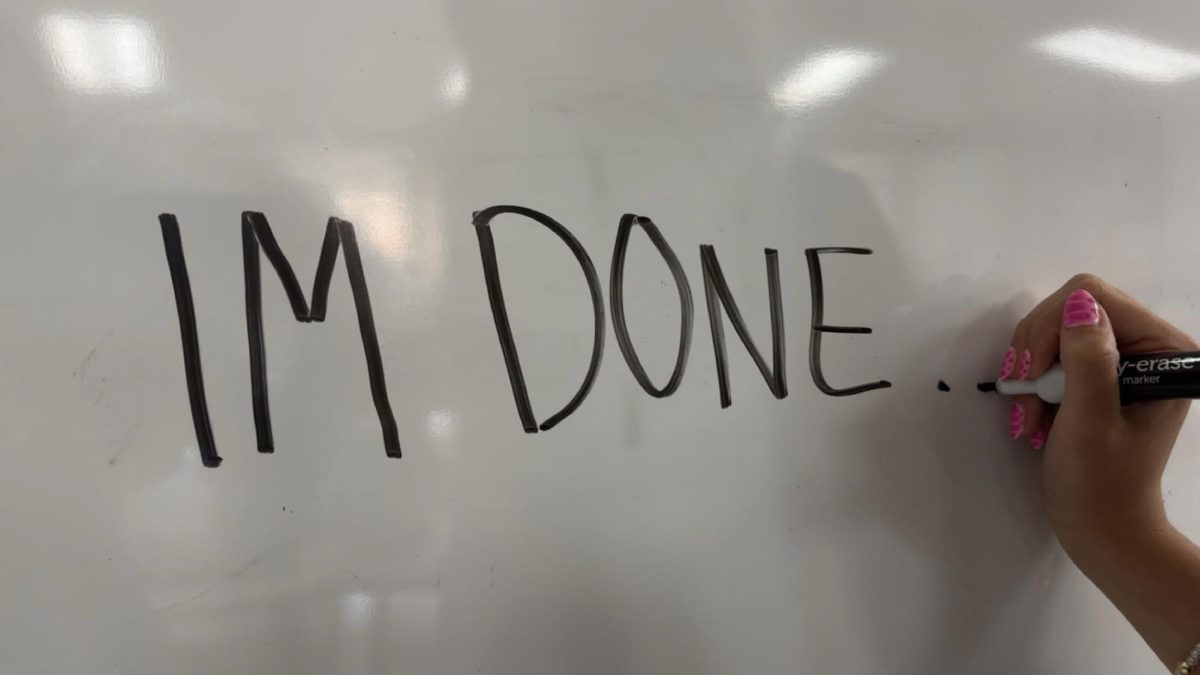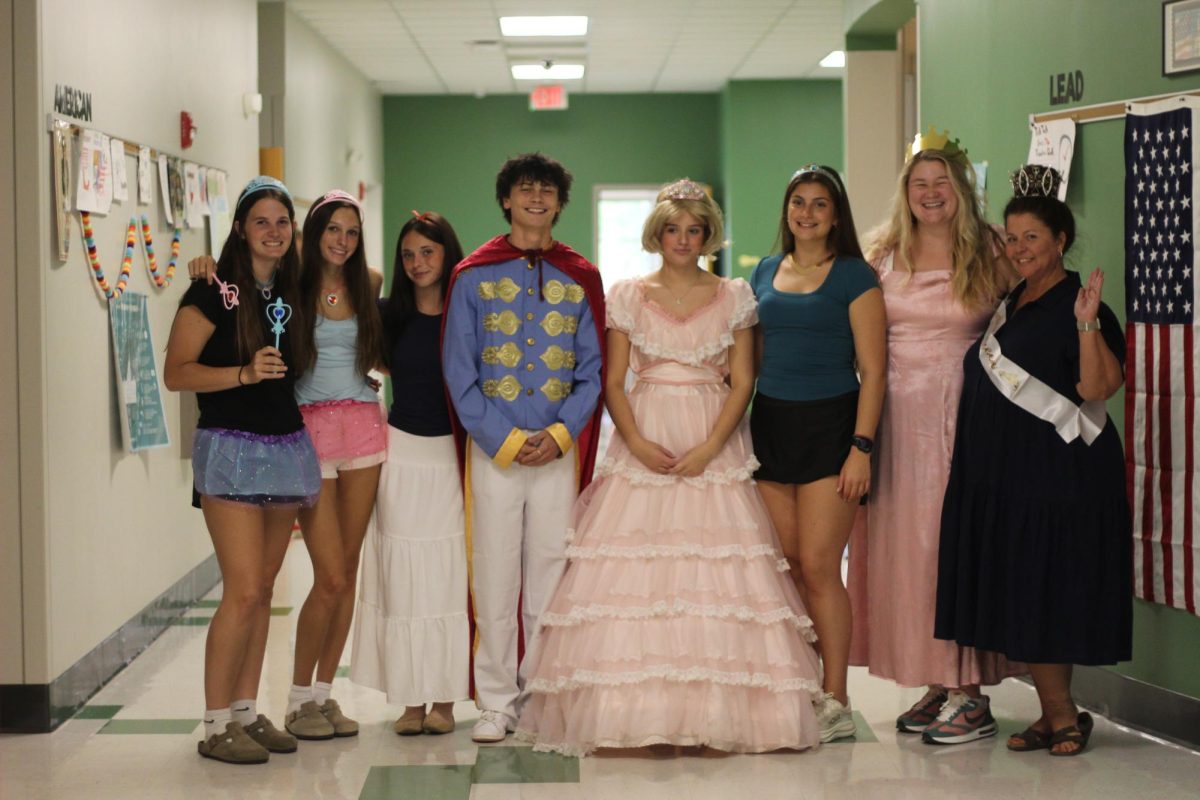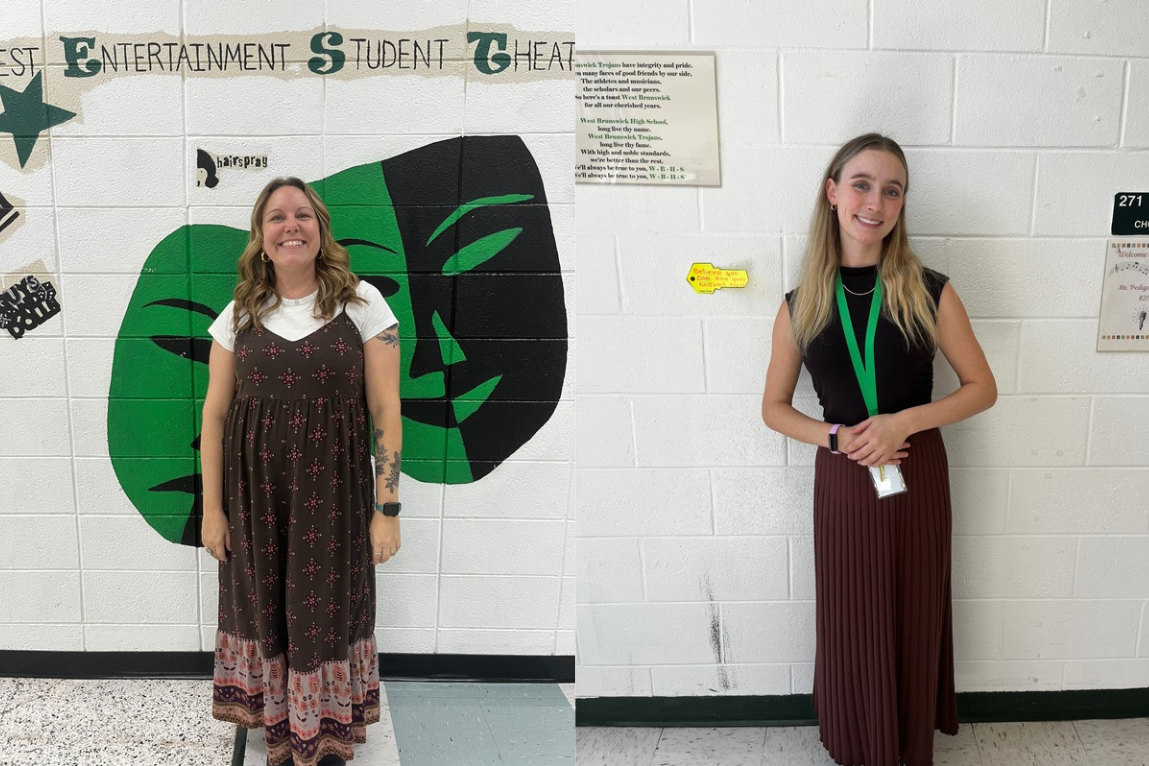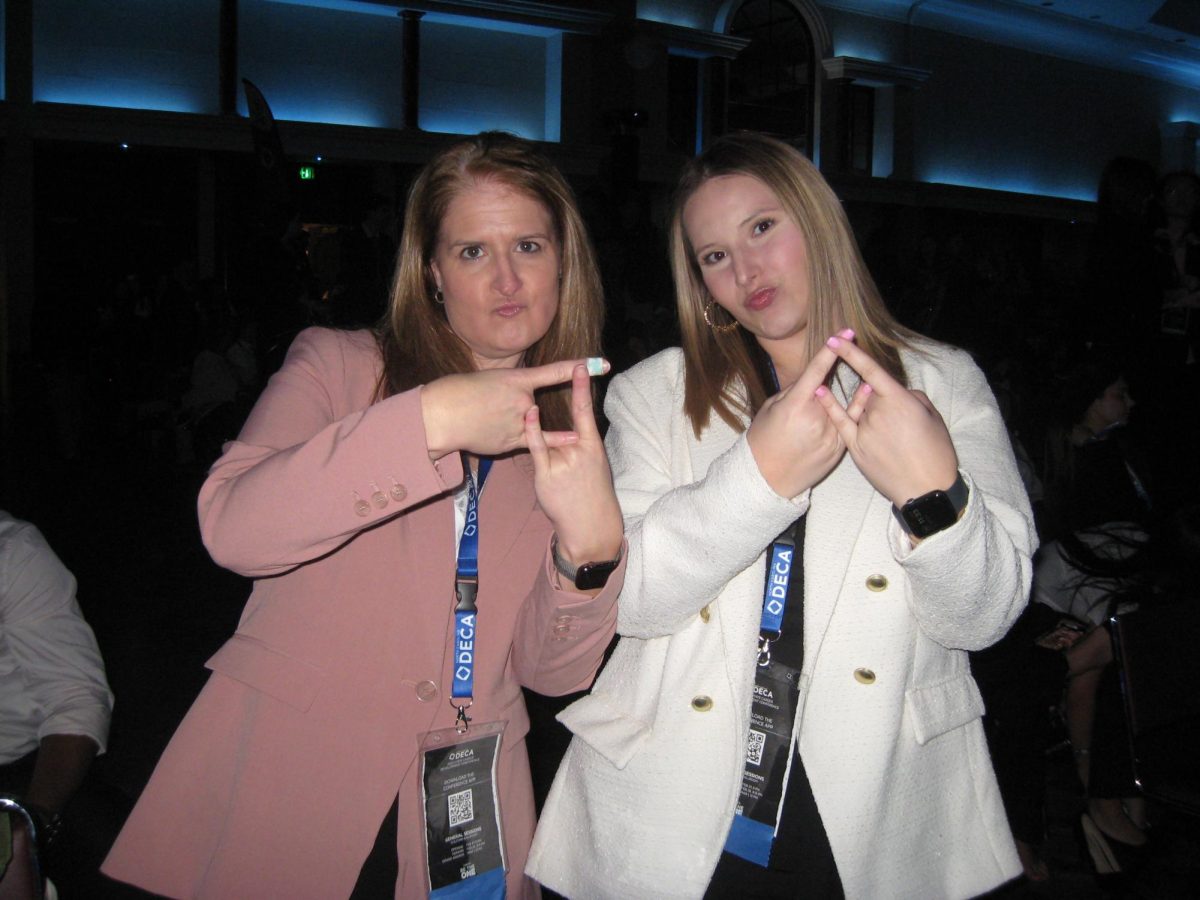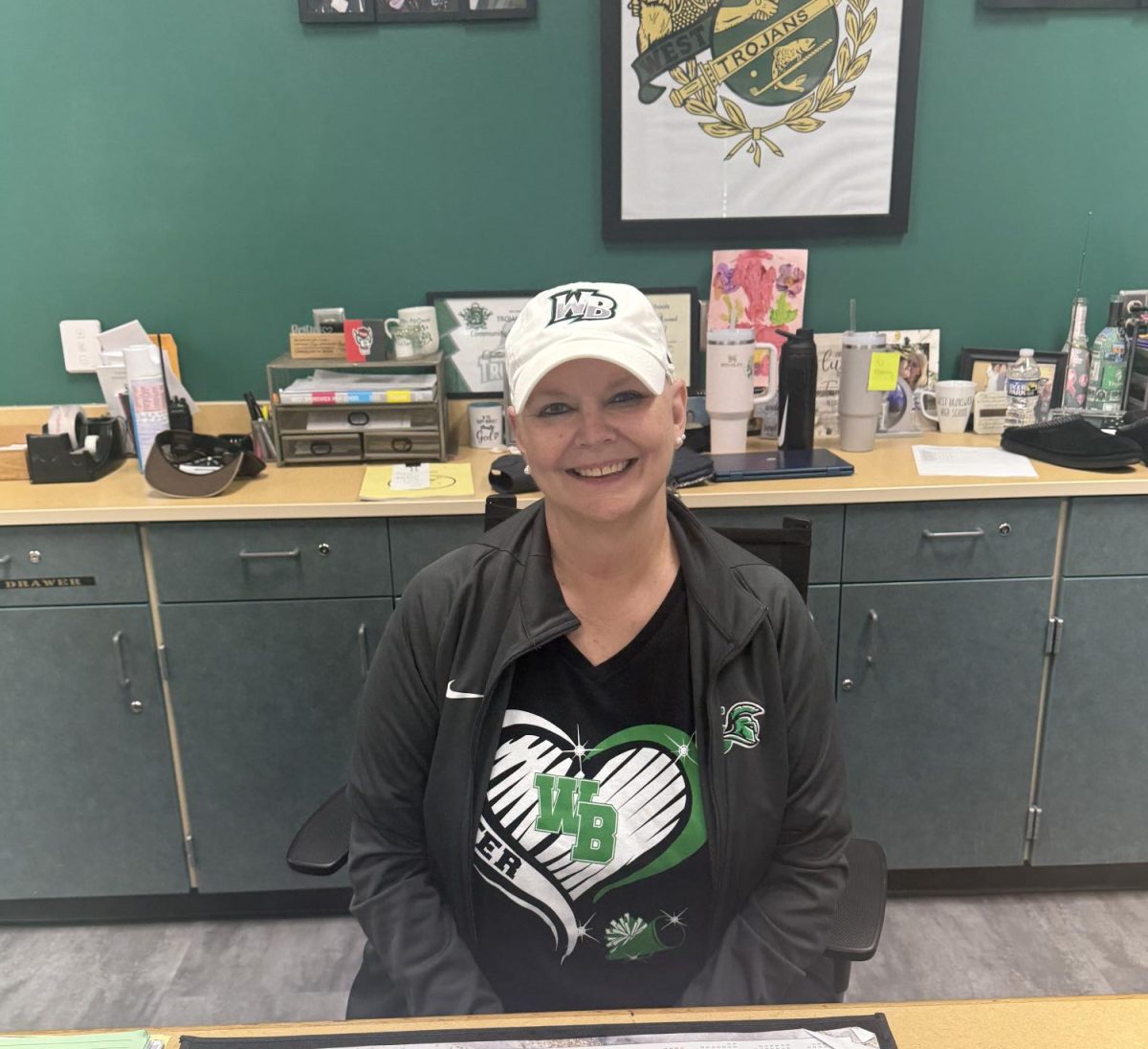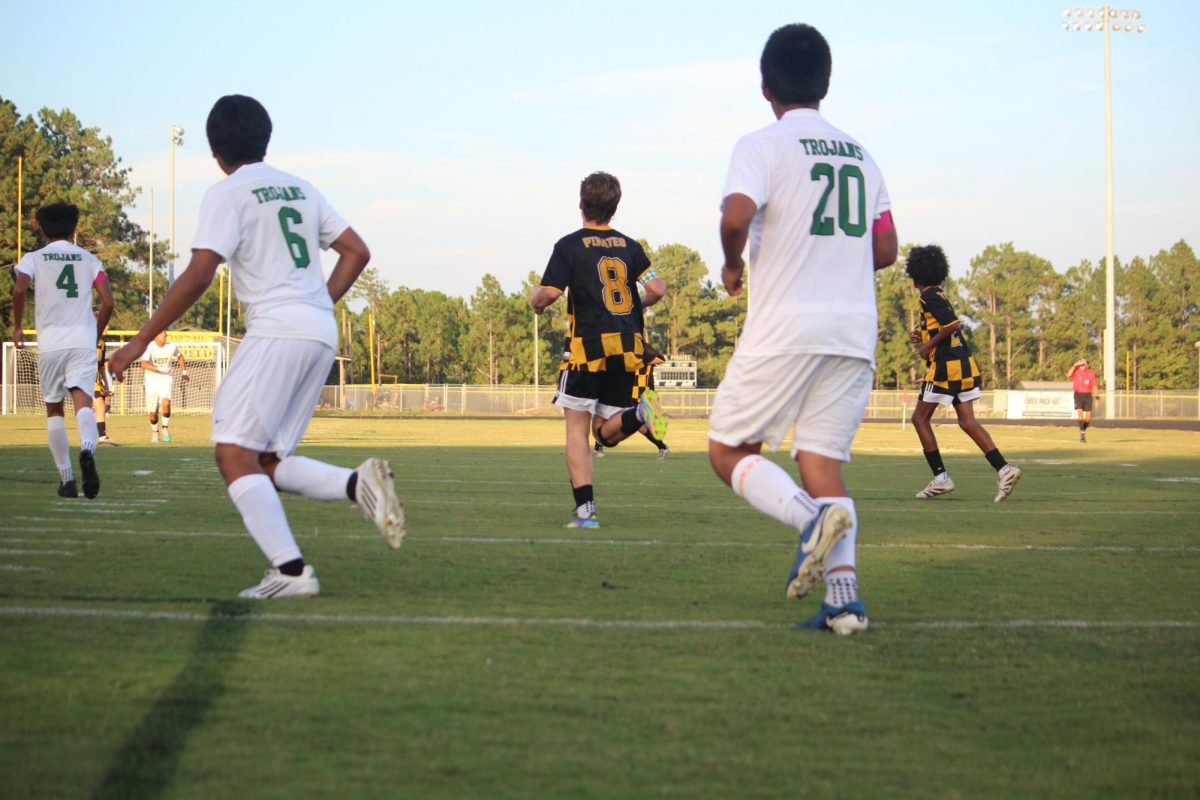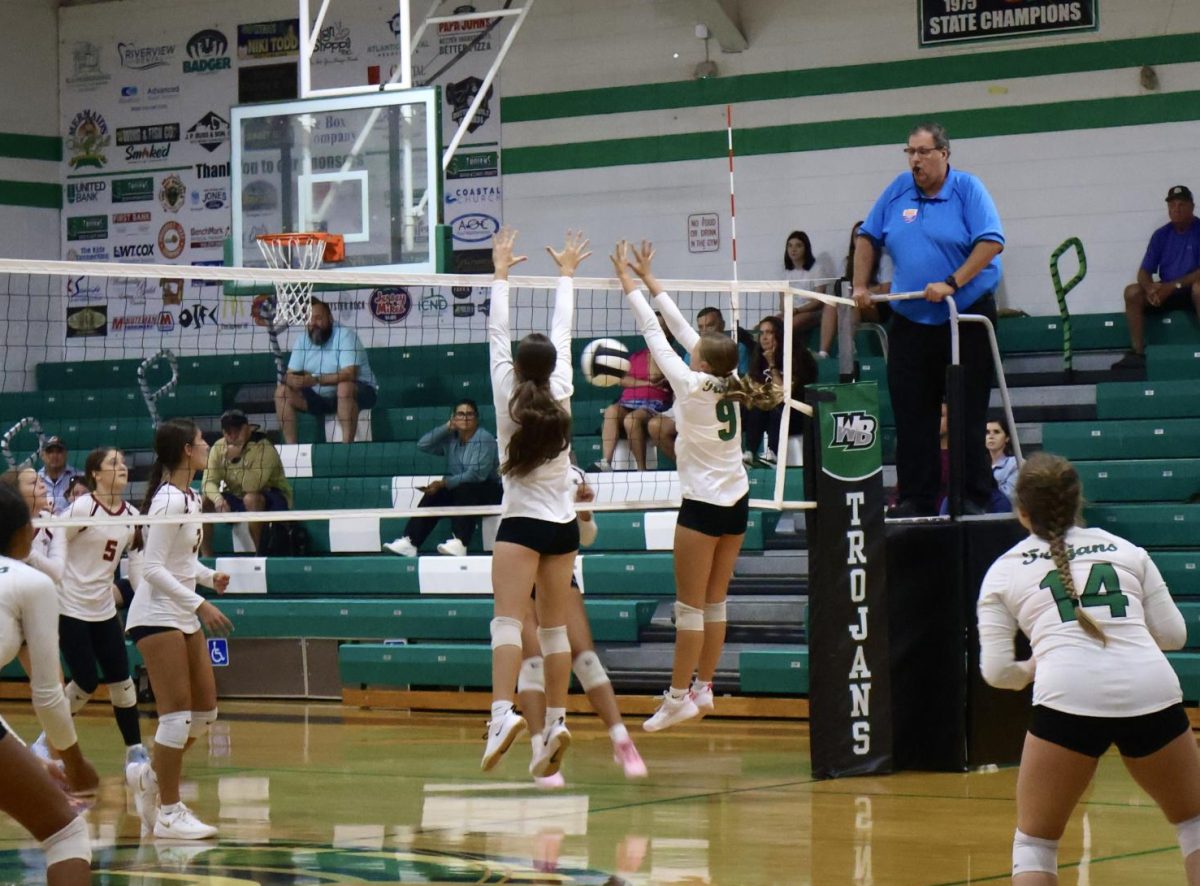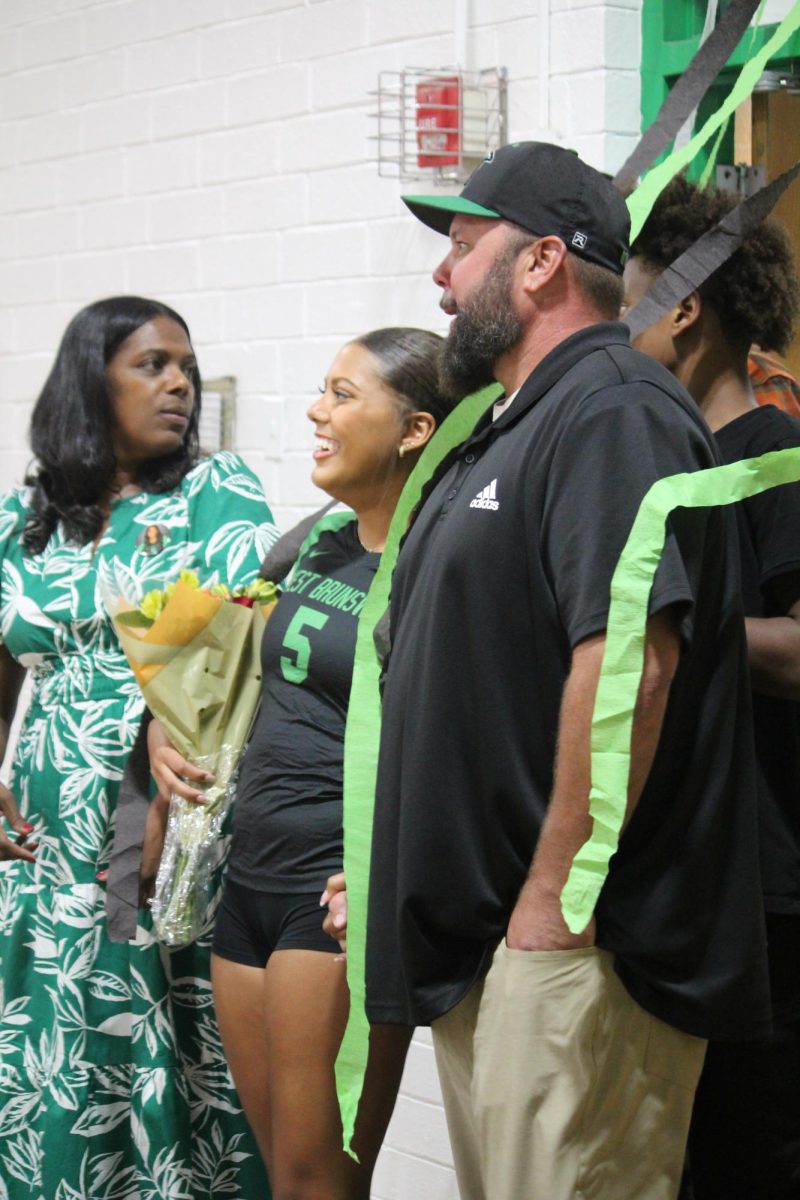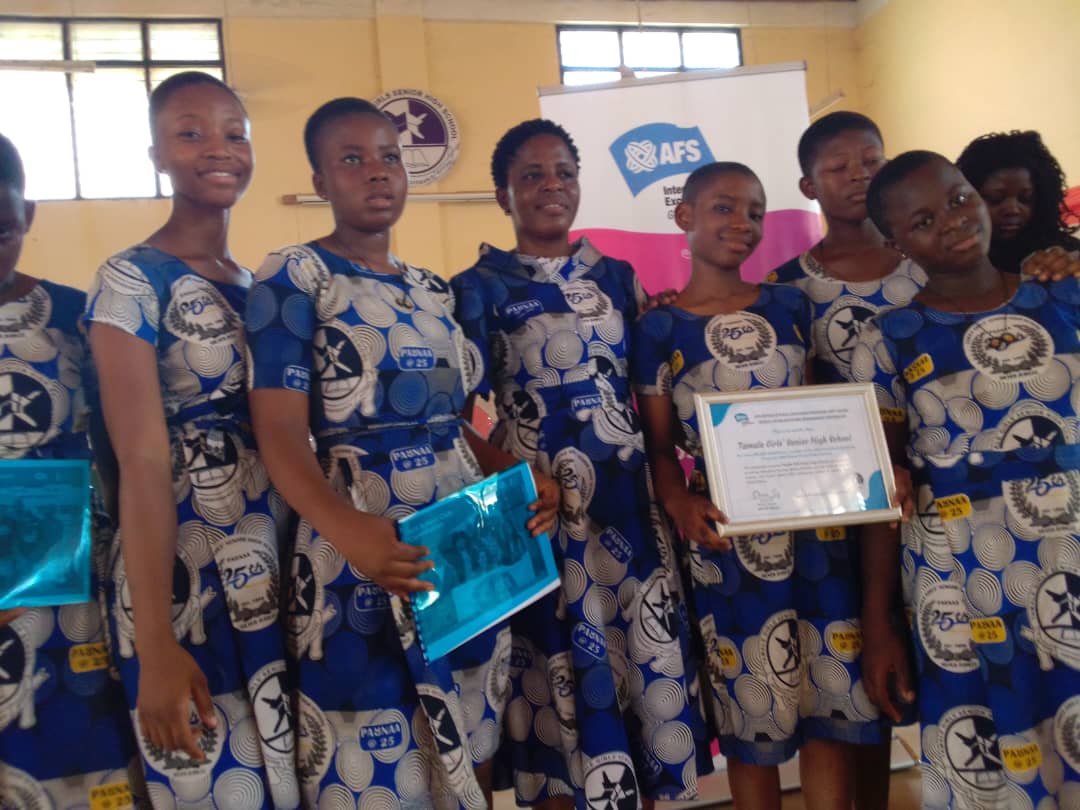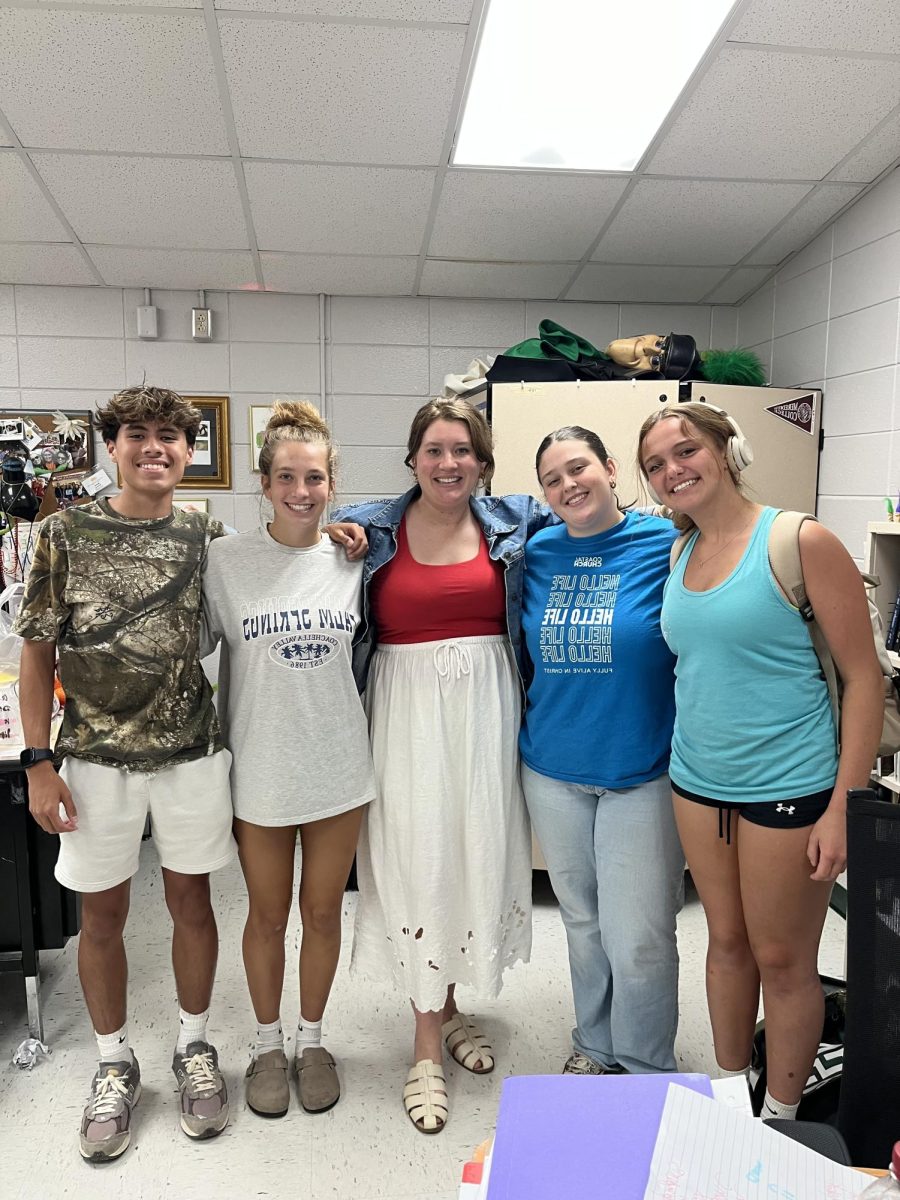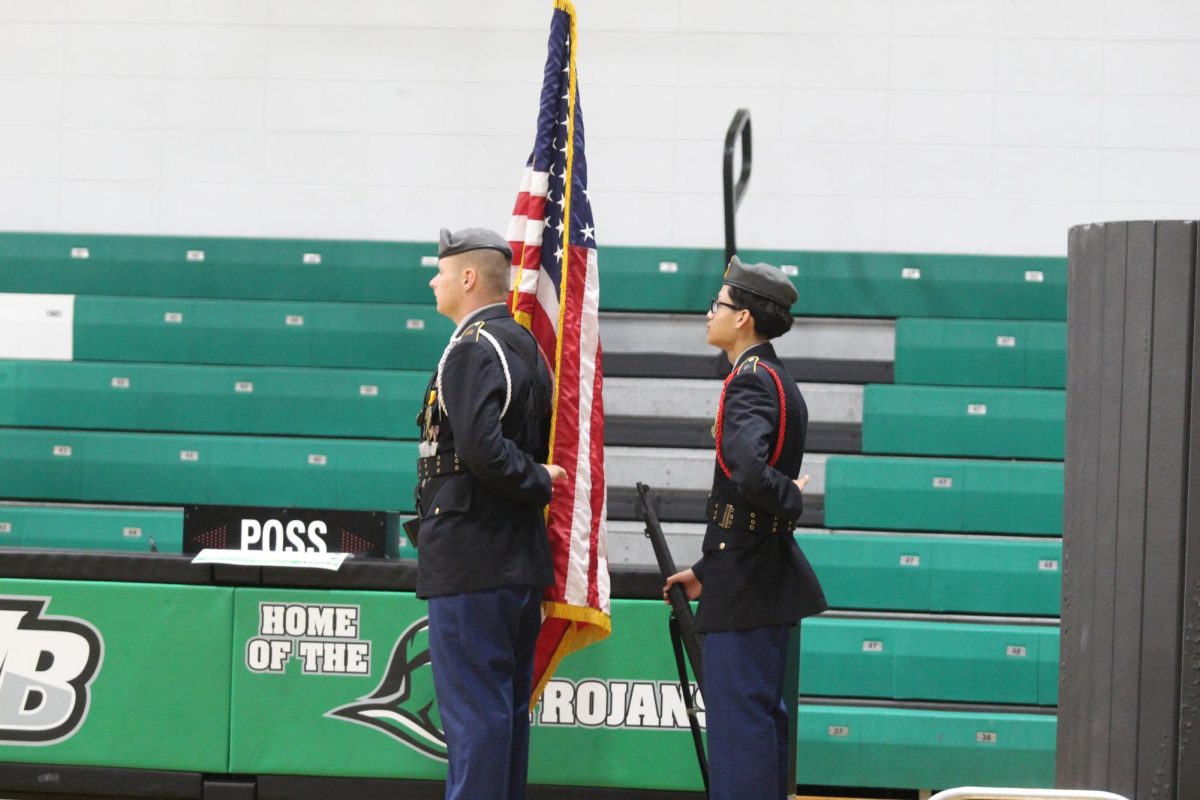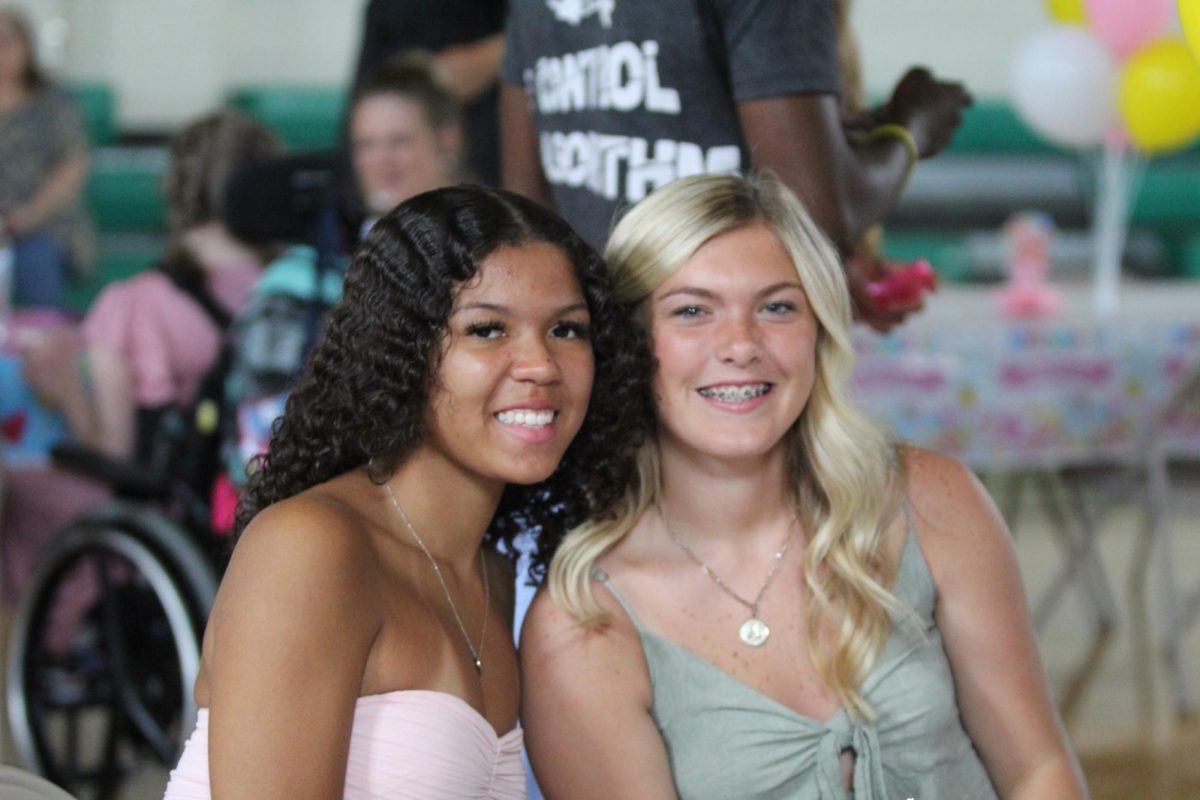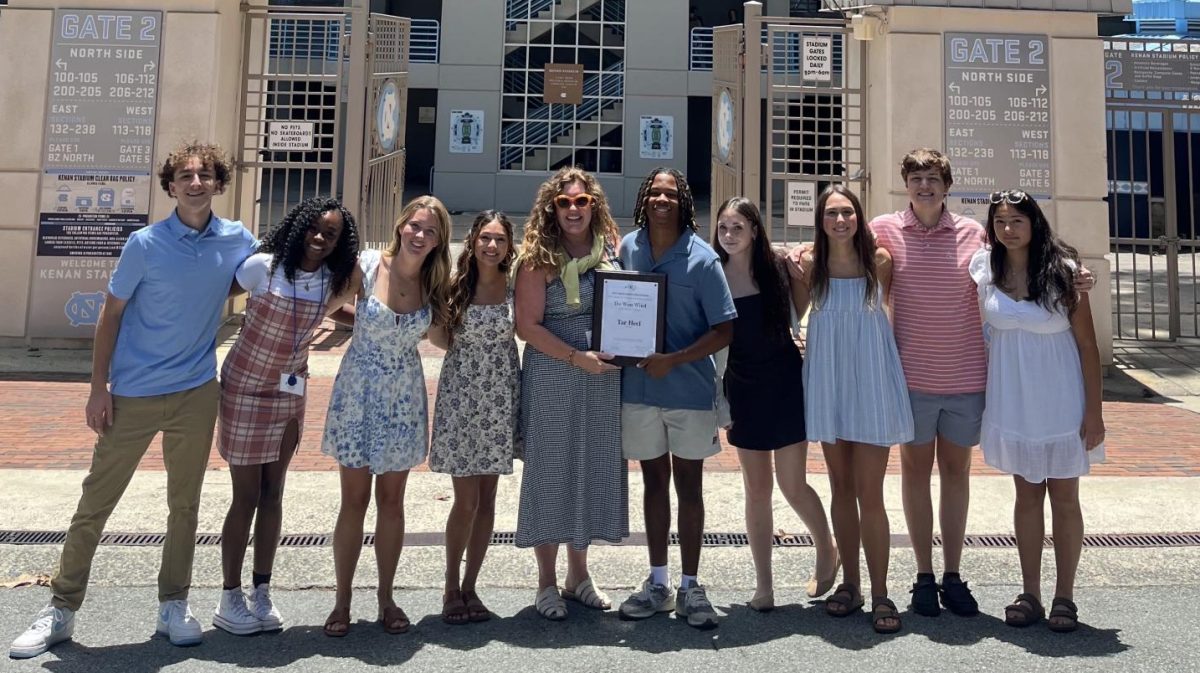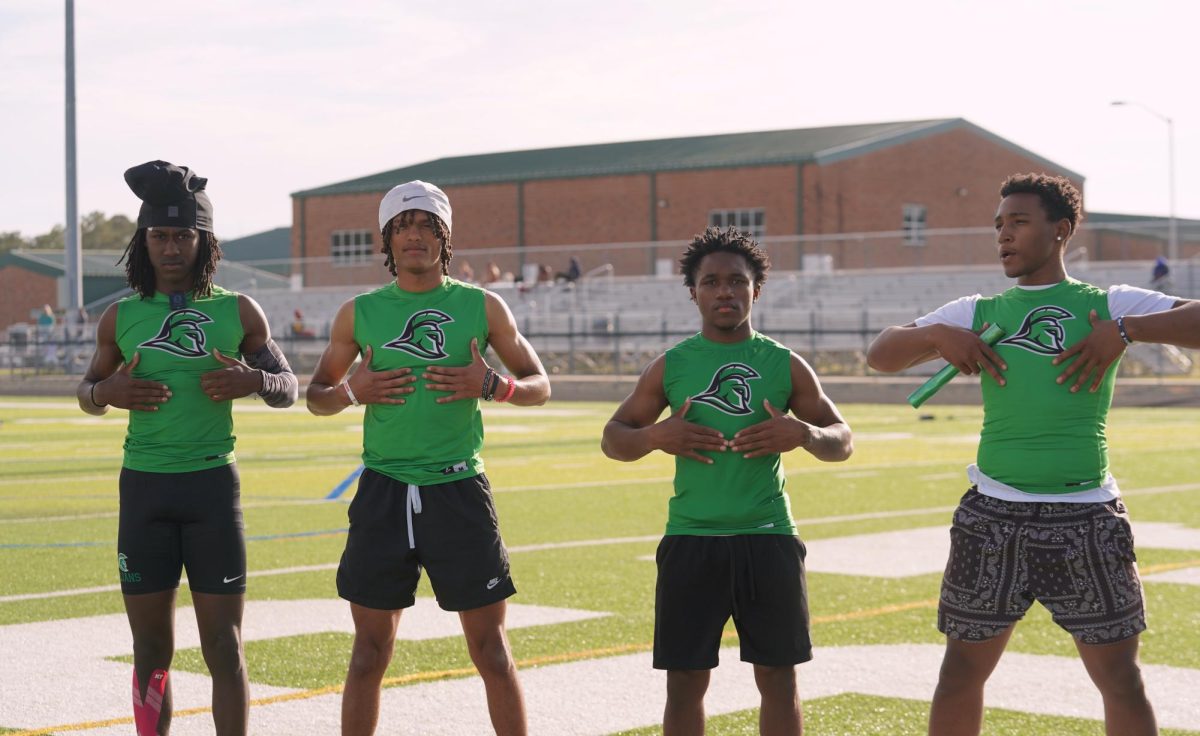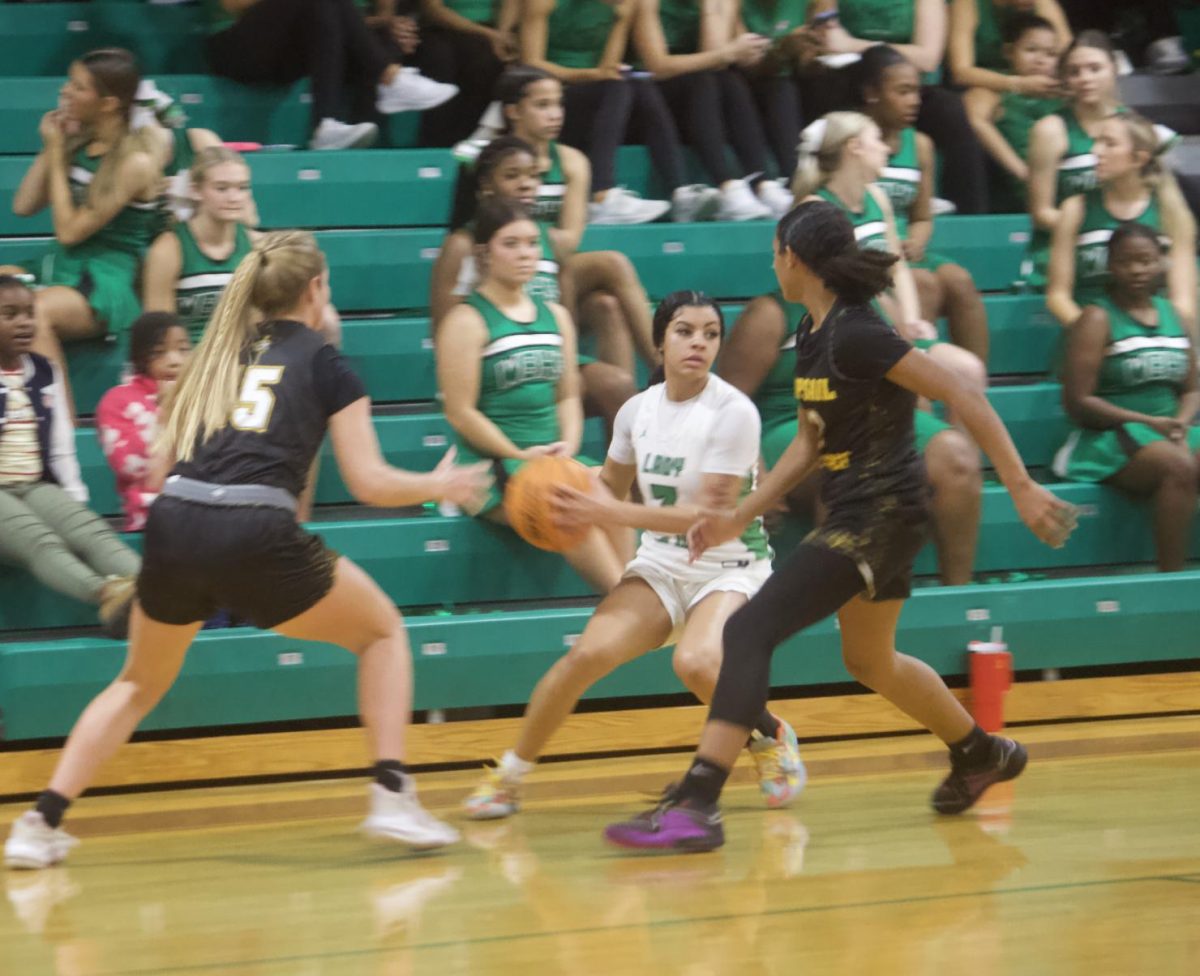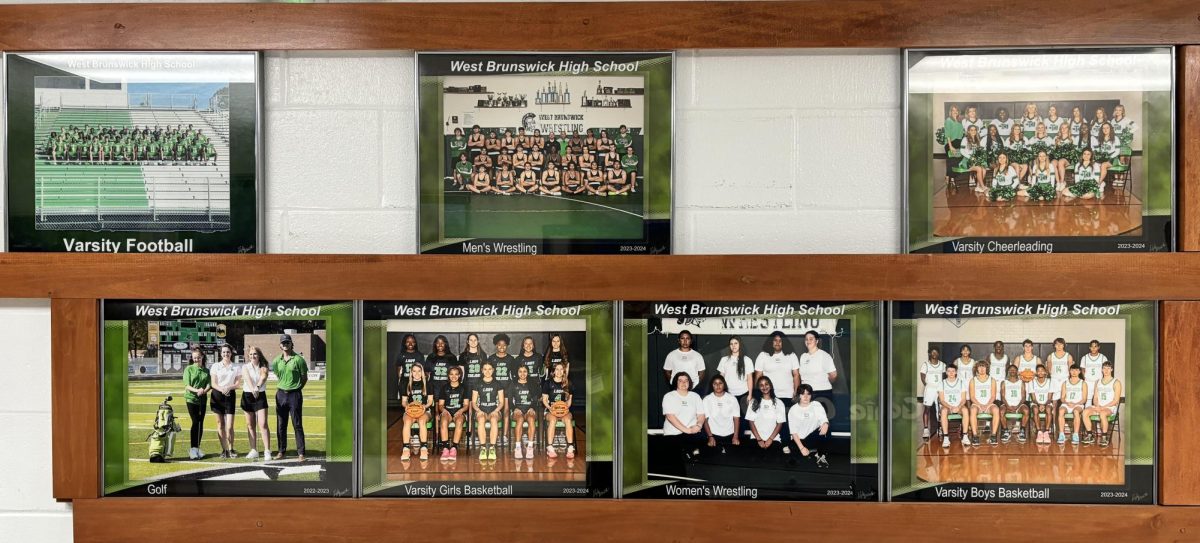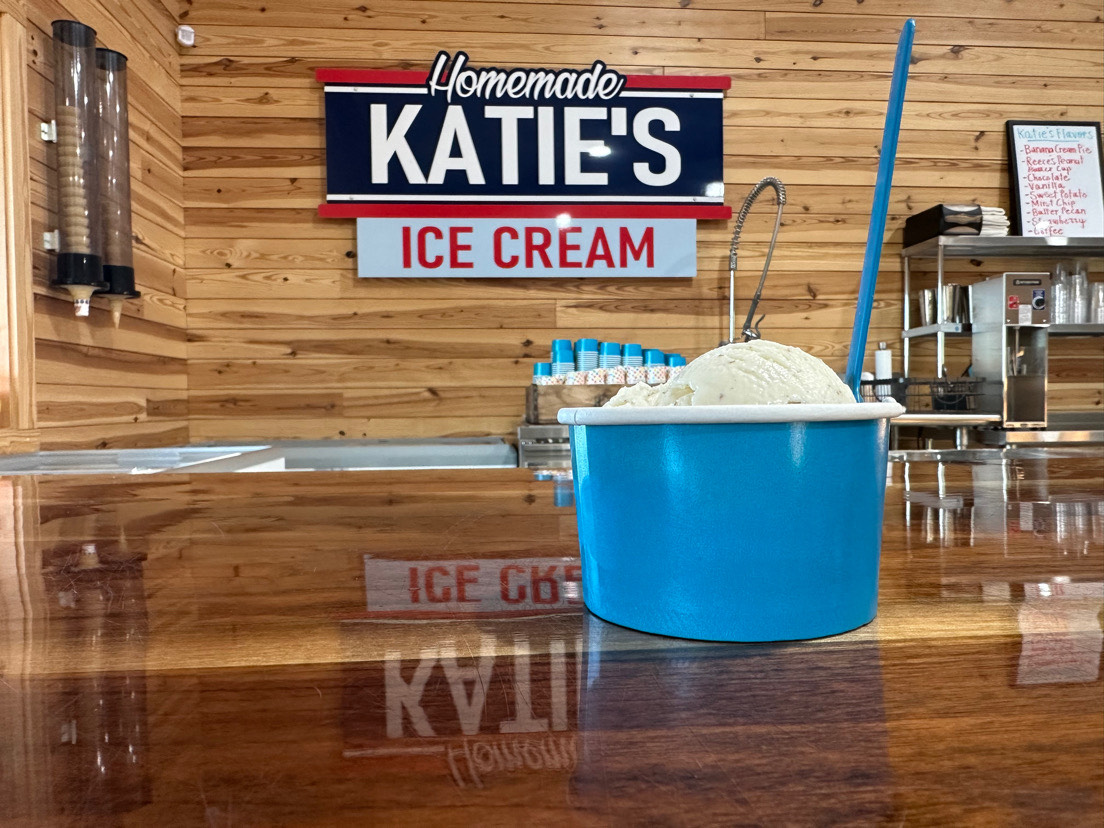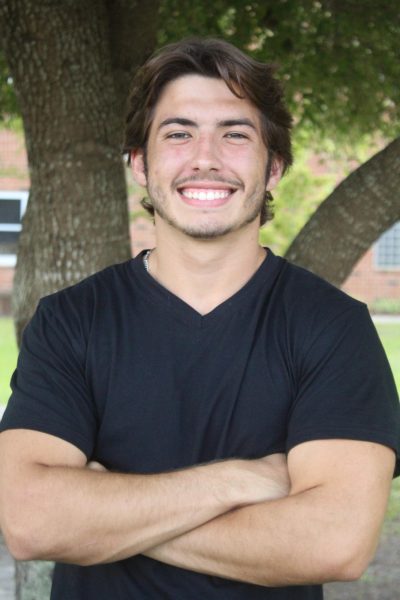Throughout my experience at West Brunswick, one significant challenge to our society is actively being overlooked by today’s education system. This challenge and danger presents itself through the schools not truly preparing students to successfully navigate the diverse social networks post-graduation. Humans are tribal by nature, but we must challenge this paradigm. From their entry into public education, students often fall into social comfort zones. We often will surround ourselves with individuals of similar interests and skill sets which ultimately creates a group that one never leaves.
Our education system is oftentimes complacent as we allow and encourage these social groups ultimately, failing to challenge the students to advance past these tribal safe spaces. When we begin to accept this tribalism our education system isn’t sufficiently preparing our students for today’s melting pot style of society. Our education system is rightfully focused on the academic development of the students it serves, yet this traditional approach is failing to prepare students for the increasingly complex social environment that we enter when we leave the comfort of our classrooms.
If the school system continues to leave these tribal norms unchallenged, graduates will face an increasingly difficult time integrating into our ever growing society. As a culture and biologically, we fear change and rejection, yet this mindset of expecting rejection is a virus that is plaguing the new generations. We often fail to try new things and meet new people due to this overwhelming idea of rejection. My generation and those above me seem to forget that it is better to live and fail than never to never live at all.
While difficult to approach there are policies and practices that can be implemented both in and outside of the classroom walls which can help challenge and confront these social cliques. For example, requiring diverse teams for in-class assignments, rotating seats, and encouraging more group discussions. Policies outside of the classroom could include stronger mentorship programs, including formal onboarding of new students as well as students who have English as a second language. These programs should include an assigned buddy for at-risk students. These mentorship programs are progressive and include rotations of students to broaden their social networks. While our society is rightfully built upon “stranger danger,” we often forget that a stranger could just be a friend you haven’t met yet.




